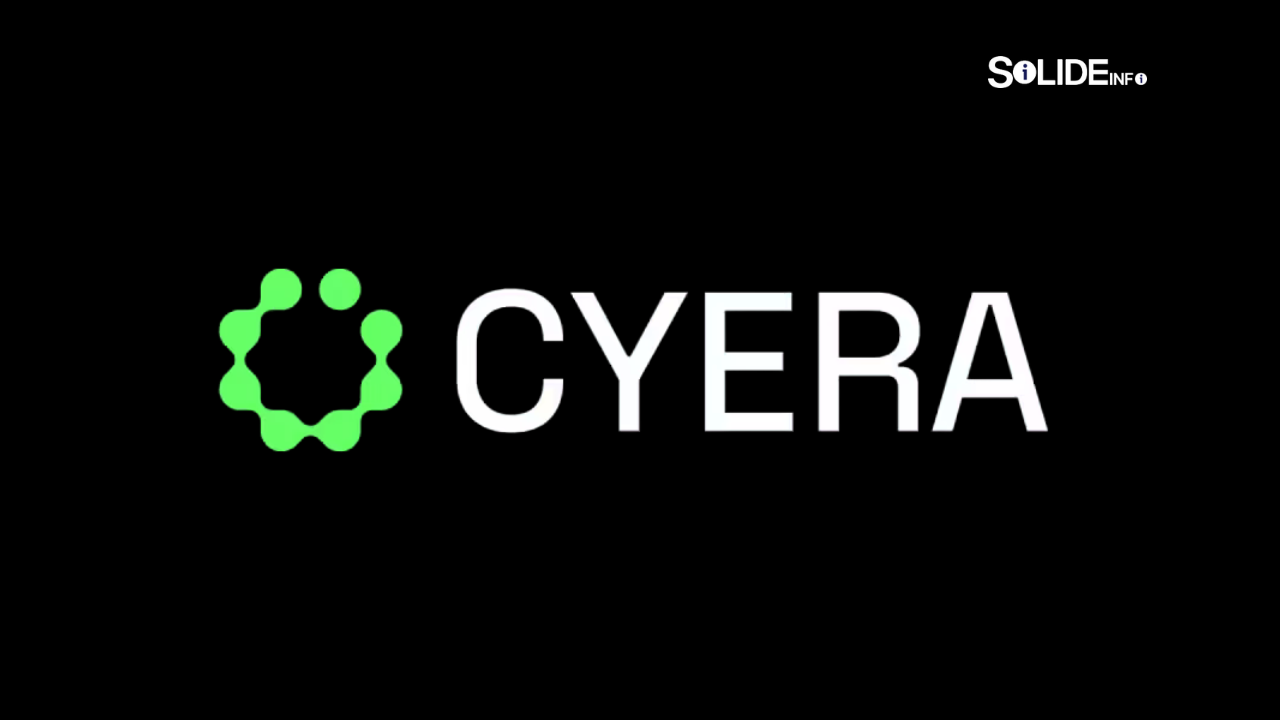Cyera’s Quiet Rise: How AI-Driven Data Mapping Is Solving Cloud Security’s Blind Spot

Picture this: Your company has migrated to the cloud, trading server rooms for the flexibility of AWS, Azure, or Google Cloud. But amid the convenience, a nagging question lingers—where exactly is your data? For most organizations, sensitive files, customer records, and intellectual property now live across a patchwork of cloud storage buckets, databases, and SaaS apps. The problem? Traditional security tools weren’t built to track data in this fragmented landscape. Enter Cyera, a U.S.-based startup with Israeli R&D roots, which is quietly redefining how businesses protect their most valuable asset: information.
Founded in 2021, Cyera has quickly become a standout in cloud data security solutions, offering a platform that doesn’t just guard data but understands it. While giants like Palo Alto Networks and CrowdStrike dominate headlines, Cyera is addressing a critical gap—visibility. In an era where 83% of organizations use multiple cloud providers, knowing what you have, where it lives, and how it’s protected is no longer optional. Let’s explore how Cyera’s approach is turning data chaos into clarity—and why this niche player is becoming essential for enterprises navigating modern cloud environments.
The Cloud’s Hidden Vulnerability: Data Sprawl
Cloud adoption has been a double-edged sword. While it unlocks scalability and remote collaboration, it also creates a sprawling, often invisible attack surface. A 2024 Gartner report revealed that 65% of security breaches in hybrid cloud setups trace back to misconfigured storage or unmonitored data flows. Legacy tools like firewalls or endpoint protection can’t keep up—they’re designed to secure infrastructure, not the data itself.
This is where Cyera shines. Unlike conventional methods that focus on perimeter defense, Cyera’s platform acts like a “Google Maps for data.” Using AI-driven data mapping, it scans cloud environments to catalog every file, database, and API endpoint. But it doesn’t stop there. The tool classifies data based on sensitivity (think GDPR-protected personal info vs. public marketing materials) and flags risks like exposed credentials or stale data lingering in forgotten storage buckets.
Take a real-world example: A global retailer using Cyera discovered an unsecured customer database in an AWS S3 bucket that had been overlooked during a migration. The fix took minutes, but the alternative—a breach—could have cost millions in fines and reputational damage. As data privacy laws tighten globally, this proactive approach isn’t just smart; it’s becoming a compliance necessity.
Cyera’s Secret Weapon: Context-Aware Data Protection
What sets Cyera apart in the crowded cloud security market? Context. Most tools can tell you that a file is exposed, but Cyera explains why it matters. By analyzing data lineage, user permissions, and even business processes, the platform prioritizes risks based on actual impact.
For instance, imagine two exposed files: one containing internal meeting notes and another housing credit card transactions. Legacy systems might treat both as equal threats, overwhelming IT teams with alerts. Cyera’s AI contextualizes the data, sounding the alarm for the payment file while suggesting lower-priority fixes for the notes. This “risk triage” is a game-changer for teams drowning in security alerts—a pain point highlighted in a recent IBM Cost of a Data Breach Study.
The platform also automates remediation. If sensitive data is found in an insecure location, Cyera can either encrypt it, move it to a protected zone, or restrict access—all without manual intervention. This hands-off approach is critical for industries like healthcare, where HIPAA compliance demands both agility and precision.
But Cyera’s ambitions go beyond damage control. Its real-time data monitoring helps organizations adopt a “shift-left” security strategy, identifying risks before deployments go live. Developers working on a new app, for example, receive instant feedback if their code accidentally includes hardcoded passwords or stores data in an unapproved region.
Why Investors Are Betting Big on Contextual Security
Cyera’s rapid traction—securing $100 million in Series B funding led by Accel and Sequoia in 2023—speaks to a broader shift in cybersecurity priorities. As cloud environments grow more complex, investors are funneling capital into startups that specialize in data-centric protection rather than one-size-fits-all tools.
The numbers back this trend. Research firm IDC predicts that spending on cloud data security solutions will double by 2026, outpacing general cybersecurity investments. Competitors like Laminar (acquired by Rubrik) and Symmetry Systems have also gained ground, but Cyera’s focus on AI-driven context gives it an edge.
For enterprises, the implications are clear: Data is the new perimeter. Whether you’re a fintech startup handling payment data or a logistics firm managing global supply chains, tools like Cyera’s platform are shifting security from reactive to proactive. As regulations like the EU’s Digital Operational Resilience Act (DORA) tighten requirements for financial institutions, context-aware security isn’t just nice to have—it’s a lifeline.
As cloud ecosystems evolve, so too must the tools that protect them. Cyera’s rise underscores a pivotal truth: In the fight against breaches, understanding your data is half the battle. For businesses still relying on outdated methods, the message is urgent—adopt cloud-native data security solutions that prioritize visibility, context, and automation.
To stay ahead, explore how AI-driven platforms like Cyera are transforming data protection, or dive into Gartner’s 2024 Cloud Security Trends Report for actionable insights. After all, in a world where data drives decisions, securing it isn’t just about defense—it’s about ensuring your business can innovate fearlessly.




